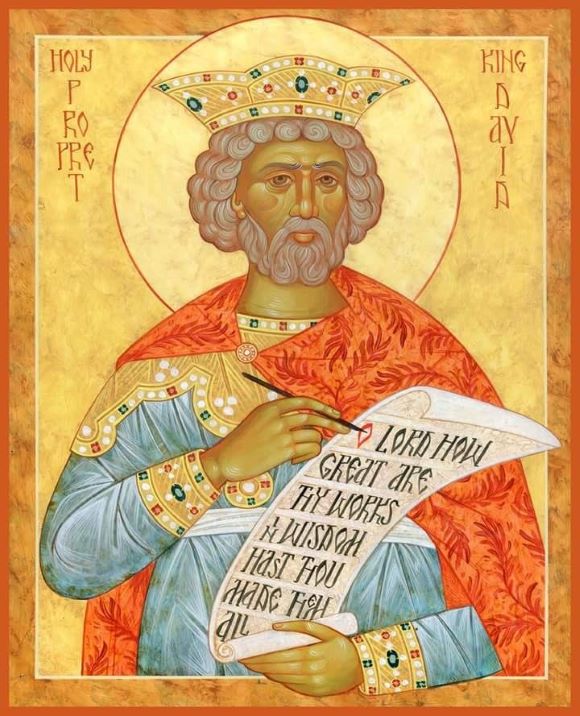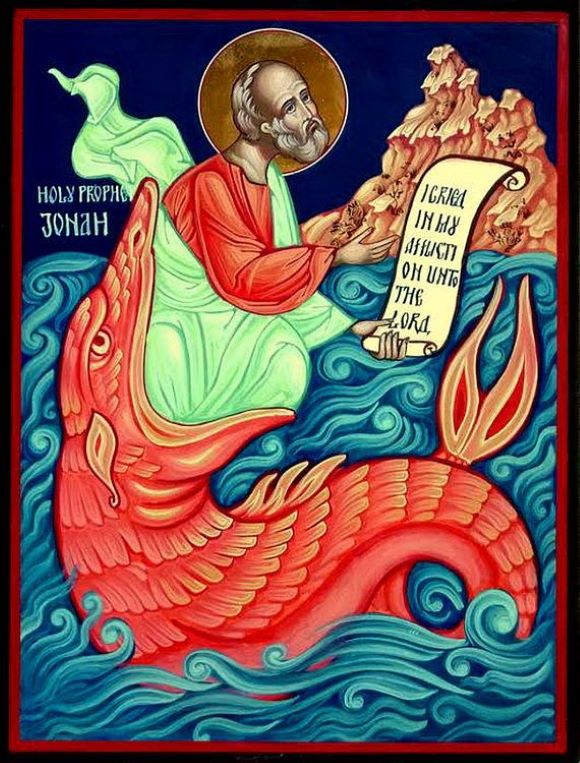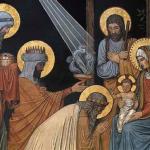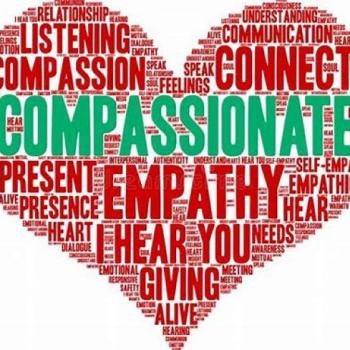Love Means ALWAYS Having to Say You’re Sorry!
In 1970, a novel titled ‘Love Story’ came out, and a subsequent movie came out the same year. The line “Love means never having to say you’re sorry” from the movie became a worldwide catchphrase. But is it true? “Love means never having to say you’re sorry?” What does Scripture have to say about saying “I’m sorry?”

David
David started as a just and upright man. He was a shepherd from a good family. Later, he worked for a mad king who, on more than one occasion, tried to take David’s life. And David was hand-chosen by God to lead his people. Not a bad background.
But, as many times happens, David believed his own press. Once crowned, he knew he was all-powerful in his own kingdom. There was nothing he couldn’t do and, more importantly, get away with; after all, he had the ear and heart of God. That is until David saw, lusted after, and took advantage of Bathsheba. Then, to make matters worse, murdered her husband in a cover-up. After having his offense pointed out by the prophet, Nathen, did David proclaim, “Fake news!” or “You’re not the boss of me! I have the right to do whatever I like!” or “I don’t have to say, ‘I’m sorry’ to you or anyone else!”? No.
David did the exact opposite. He immediately confessed his sin to all, but more importantly, to God. He not only said, “I’m sorry,” but he did things to show remorse. He fasted, put on sackcloth and ashes, and fully, heartfeltly asked God for forgiveness. In other words, he said and showed he was sorry.

Jonah
God tasked Jonah to go to Ninevah and announce their total annihilation in 40 days unless they fully repented. They would need to say they were sorry and change their ways. So, what did Jonah do? He went in the opposite direction! He caught a boat going west when Ninevah was to the east. What did God do? He created a storm in which Jonah was swallowed by a whale, only to spit out on the land… closer to Ninevah.
Eventually, when Jonah realized he couldn’t get away from what God wanted him to do, Jonah went through the immense city of Ninevah, telling the people they would be overthrown and destroyed in 40 days if they didn’t admit their sin. Well, the people listened,” From the greatest to the least,” they fasted and put on sackcloth, begging for forgiveness. The people of Ninevah heard, listened, took to heart, changed, made visible compensation, and said… “I’m sorry.”
How did God react? Throw thunderbolts and fiery hailstones down on the people? No. “When God saw what they did and how they turned from their evil ways, he relented and did not bring on them the destruction he had threatened” (Jonah 3:10). How did Jonah react? He was peeved! He felt like God had gone back on His word and hung Jonah out to dry! Jonah wanted revenge on the people! He didn’t care if God wanted to give them mercy for hearing the people say, “I’m sorry,” and actually show how sorry they were. No. He wanted the personal satisfaction of being morally superior. (Sound familiar?)
Saying I’m Sorry
Today, many of us say in passing, “Oh, I’m sorry. I didn’t see you standing there,” or “I’m sorry, I didn’t mean to take that from you…” and these are good things. Saying you’re sorry when you are in the wrong is “right and just,” to borrow a term from the Mass. We should not set out to offend, hurt, or put someone else down. It’s not only wrong but unnecessary.
But what about larger offenses? Well, this is when the sin of pride gets in the way. None of us want to be put in a position of admitting we were wrong, especially when it comes to the One who created us. But for one reason or another, we will all be put into that situation… time and time again. So, how do we approach it? Do we see our own humanity and weakness? Do we try to set things right by first admitting our mistakes and trying to make amends? Or do we find excuses, scapegoats, and blame the other person?
Famous Excuses from the Bible
Let’s look at some of those famous excuses in the Bible. We have:
- The snake made me eat the apple. — Eve
- She made me eat the apple. — Adam
- I don’t speak well. — Moses
- I don’t know what happened! The gold came outta the fire shaped like a calf! — Aaron
- I’m not old enough. — Jeremiah
- What do you mean? It can’t be that easy! — Naaman
Look, humans are fallible. We make mistakes. But what is divine in every one of us, and that we should listen to more often, is that little voice telling us, “Stop! You’re wrong! Just admit it and say you’re sorry!” Will there be consequences? Probably. If I let pride take over and blame someone else for my fault, will there be consequences? Absolutely! It might not be today. It might not be tomorrow. But eventually, the chances are strong you will be caught and, if not by someone else, by yourself. You know the truth even if your pride will not let you admit it.
It’s only in saying with an open heart, “I’m sorry,” and then doing something to make amends that we will ever see… “the face of God and live.” So, who do you need to say “I’m sorry” to today?













